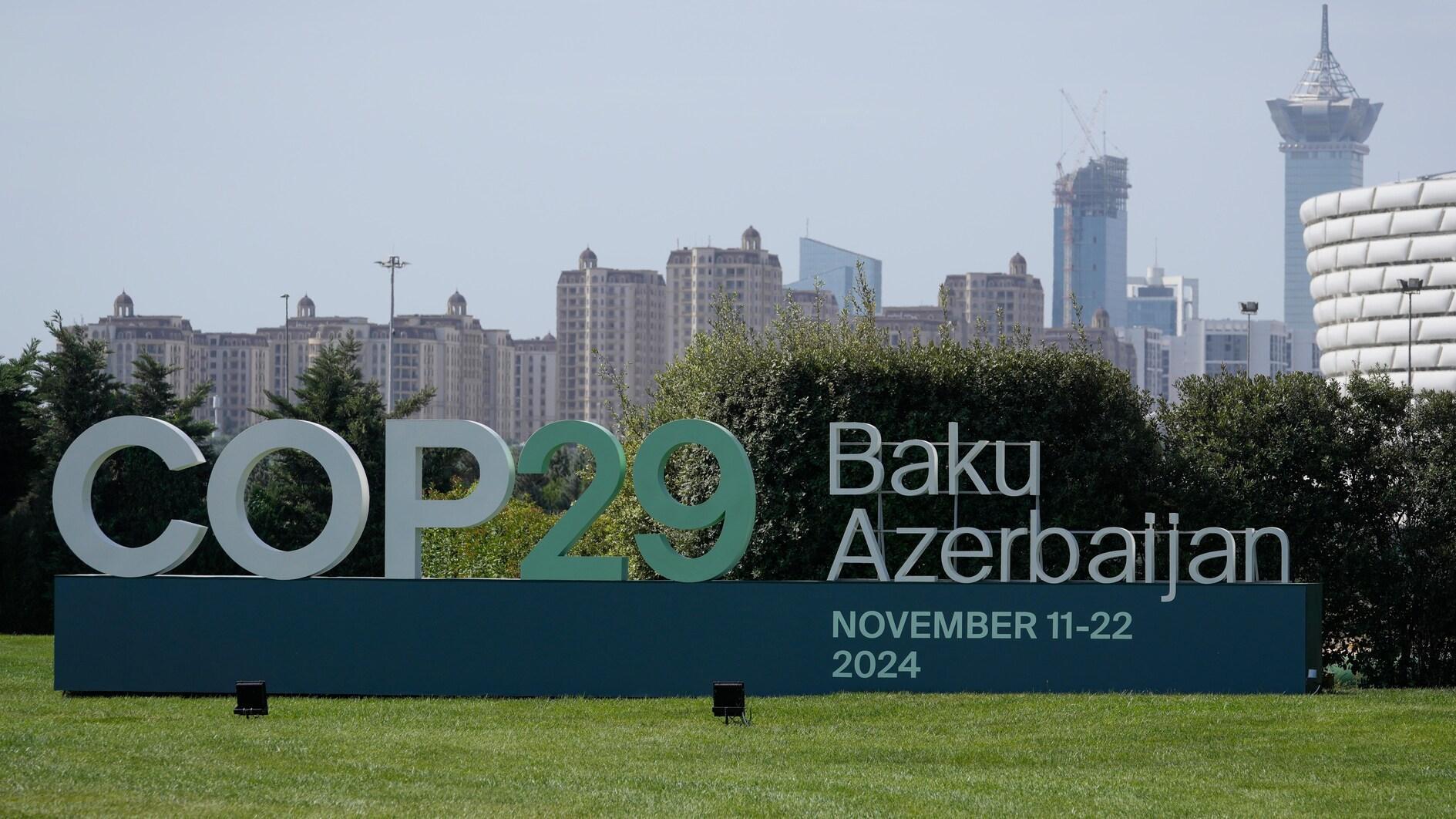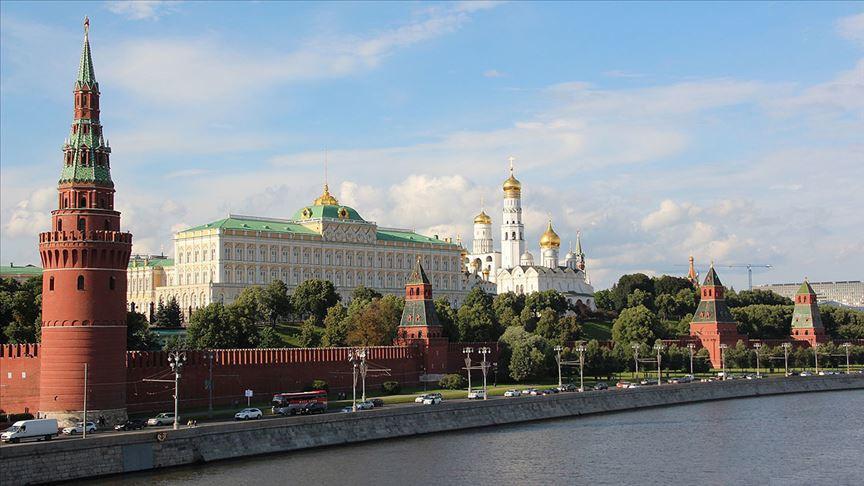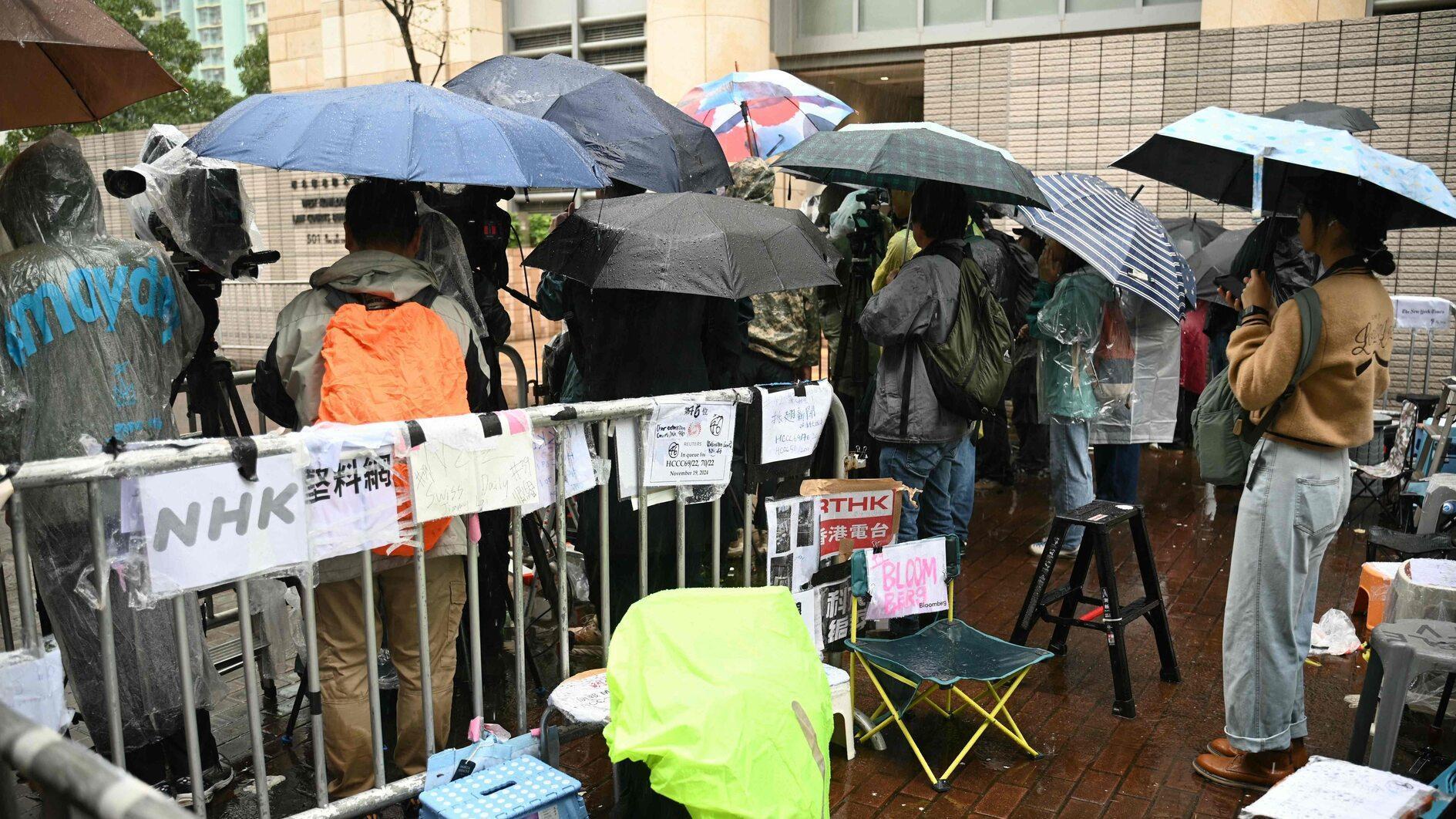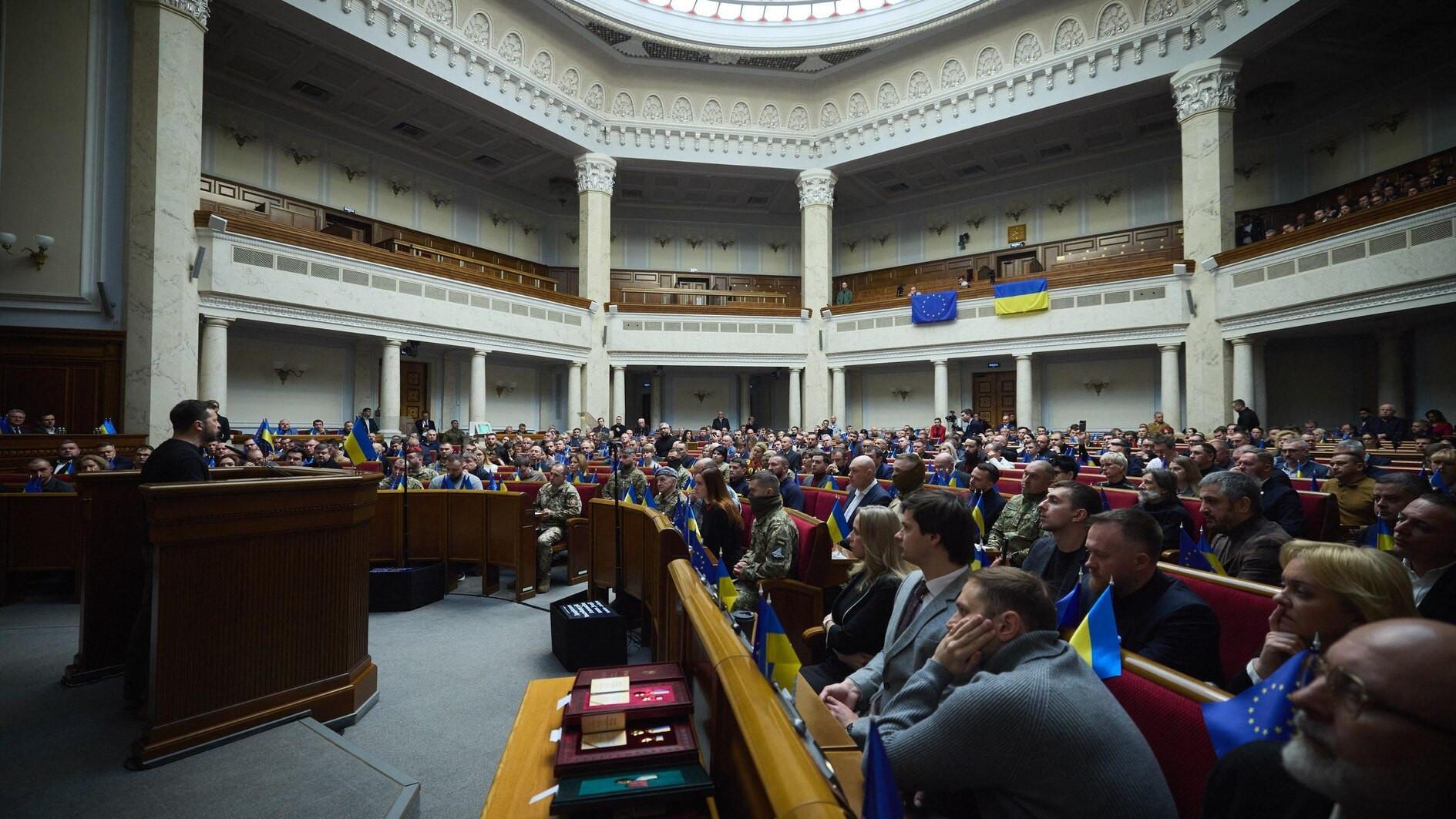Turkey should not get involved in Saudi-Iran rift
Saudi Arabia opened its embassy in Baghdad after 25 years closed on Jan. 1. It had been closed ever since Iraq invaded Kuwait.
Three days before that, on Dec. 29, Saudi Arabia and Turkey agreed to establish a High Level Strategic Council to discuss important matters, including the fight against terrorism. Turkey had already recently joined a Saudi-led “Islamic Alliance” against terrorism – mainly focused on the Islamic State of Iraq and the Levant (ISIL) - on Dec. 15. In that same alliance, Qatar, Jordan, Bahrain and the United Arab Emirates are, like Turkey, also members of the U.S.-led coalition against ISIL.
But two states, Iraq and Syria, which both have great swathes of their territory occupied by ISIL, are not members of the Saudi-led alliance. Neither is Iran, which has sent its Revolutionary Guards to Iraq and Syria to fight ISIL. The alliance has been dubbed a “Sunni alliance” not only because Syria, Iraq and Iran are all not led by Sunnis, but also because Saudi King Salman bin Abdulaziz had said when he assumed the crown in March 2015 that an alliance against “Shiite expansionism backed by Iran” was needed. Pakistan, for example, which has problems with Sunni-Shiite confrontations, has also distanced itself from such an alliance.
While addressing the International Islamic Unity Conference in Tehran on Dec. 27, Iranian President Hassan Rouhani slammed Saudi Arabia for supporting terrorism and tarnishing the image of Islam. The speech was a sign of escalating tension between Riyadh and Tehran, representing the two poles of the Sunni-Shiite rift within Islam.
During his return from Riyadh on Dec. 30, after agreeing to establish a strategic council with the Saudis, Turkish President Tayyip Erdoğan told reporters on board his plane that it would be wrong to call the new group a “Sunni alliance.” Rather, it is an “Islamic alliance,” he said.
So could the opening of the Saudi embassy in Baghdad, currently run by a Shiite-dominant government led by Haider al-Abadi, be a sign of a decrease in political tension?
What happened the next day proved the opposite.
On Jan. 2, the Saudi government executed 47 people by beheading, on charges of terrorism. Some of those executed were in prison accused of links to ISIL; others, including outspoken Ayatollah Nimr Bakr al-Nimr, were influential Shiite clerics. Iran strongly condemned the executions. Its religious leader, Ayatollah Ali Khamenei, said “divine justice” would get the Saudi rulers. The Saudi embassy in Tehran and the Saudi consulate in Mashhad were attacked by angry crowds. There were protests in Baghdad to shut the Saudi embassy down again.
The U.N., the European Union and the U.S. have condemned the executions as a move to deepen concerns of sectarian rifts in the Middle East. But by the afternoon of Dec. 3, there was still no official reaction from the Turkish government regarding the move. Upon a question from a Saudi journalist at a press conference in Riyadh, Foreign Minister Mevlüt Çavuşoğlu said Turkey would “take part in all stages of the mechanisms” to be established within the alliance. But only two weeks ago, on Dec. 16, Foreign Ministry spokesperson Tanju Bilgiç said Turkey would not take part in the military dimension of the alliance, instead making only a political and ideological contribution. There were press reports claiming that the Saudis were actually pressing hard for a Turkish military contribution, like the one with Qatar against ISIL, but the Turkish side was still not ready.
The Saudi-led alliance was a bad idea when it was proposed last March, as rather than open a Muslim front against jihadist terrorism it could simply deepen the already existing Sunni-Shiite rift within Islam. Former Turkish President Abdullah Gül had warned of this three years ago, describing such prospects as a return to the “darkness of the Middle Ages.” The alliance was still a bad idea when it was formally established last December, and Turkey joining the alliance was a bad idea even if only limited to an ideological contribution. It would be even worse if Turkey joined militarily, because it would worsen Ankara’s already far from smooth relations with its eastern neighbor Iran, at a time when the Kurdish problem in Turkey’s southeast is again in flames and affected by the instability in Iraq and Syria.
So Turkey should not get involved in this sectarian Saudi-Iran confrontation. Prime Minister Ahmet Davutoğlu should do everything he can to stay out of it.











